Mitochondrial Disease Diagnosis Adults
Mitochondrial disease diagnosis adults. 2829 More recent case series in patients with KSS have further confirmed this. Principles of diagnosis are i recognize a phenotype ii prove the mitochondrial abnormalities iii realize a genetical analysis. Cerebral folate deficiency is seen in a wide variety of neurologic and metabolic disorders including mitochondrial disease and is diagnosed via measurements of 5-methyltetrahydrofolate in CSF.
What is the Prognosis for Someone with Mitochondrial Disease. Clinical manifestation is typically before the age of 40. Many adults are diagnosed with adult-onset mitochondrial disease.
Mitochondrial diseases are some of the most common inherited neurometabolic disorders and major progress has been made in our understanding diagnosis and treatment of these conditions in the past 5 years. The diagnosis of mitochondrial disease is complex because of its clinical and genetic heterogeneity. 45 It typically causes symmetrical limitation of all extraocular muscles and usually occurs in conjunction with ptosis.
Sometimes individuals who truly have mitochondrial disease are diagnosed as having something else. Mitochondrial encephalomyopathy lactic acidosis and stroke-like episodes MELAS is a mitochondrial cytopathy caused by mutations in mitochondrial DNA. Adults are likely to present with a well-defined mitochondrial syndrome and generally carry mitochondrial DNA mutations that are easily identified.
Childhood mitochondrial disease is typically more severe than adult-onset disease and includes progressive neurological cardiac and liver dysfunction. The progression of mitochondrial disease is unpredictable and different for each person. Typically histopathological findings and respiratory chain enzyme results from skeletal muscle are interpreted in the context of clinical findings and results from ancillary laboratory tests.
The diagnosis of mitochondrial disorders in adults has become relatively straightforward. Some of these individuals have been ill their whole lives but went undiagnosed. Many symptoms of mitochondrial disease such as failure to thrive short stature poor stamina developmental delay seizures poor muscle tone vomiting severe constipation or diarrhea have a variety of other causes.
In pediatric mitochondrial disease a broad spectrum of findings may be present including lethargy hypotonia failure to thrive seizures cardiomyopathy deafness blindness movement disorder and lactic acidosis. Mitochondrial disease in adults.
The diagnosis of mitochondrial disease is complex because of its clinical and genetic heterogeneity.
Mitochondrial diseases collectively represent the most common cause of inherited metabolic disease. Some people live a normal life and are minimally affected. The opposite is true as well. 2829 More recent case series in patients with KSS have further confirmed this. In pediatric mitochondrial disease a broad spectrum of findings may be present including lethargy hypotonia failure to thrive seizures cardiomyopathy deafness blindness movement disorder and lactic acidosis. Mitochondrial diseases are polymorphicentities which mayaffect manyorgans andsystems. Mitochondrial diseases are some of the most common inherited neurometabolic disorders and major progress has been made in our understanding diagnosis and treatment of these conditions in the past 5 years. 27 Cerebral folate deficiency was initially identified in mitochondrial disease in patients with KearnsSayre syndrome KSS. Chronic progressive external ophthalmoplegia CPEO is the most common specific manifestation of mitochondrial disease and is considered to be present in approximately 20 of patients presenting in adult life.
Mitochondrial diseases are some of the most common inherited neurometabolic disorders and major progress has been made in our understanding diagnosis and treatment of these conditions in the past 5 years. Many symptoms of mitochondrial disease such as failure to thrive short stature poor stamina developmental delay seizures poor muscle tone vomiting severe constipation or diarrhea have a variety of other causes. Principles of diagnosis are i recognize a phenotype ii prove the mitochondrial abnormalities iii realize a genetical analysis. Others can be severely compromised with the disease. Diagnosis of mitochondrial disease few treatment options were available and there were no care guidelines. Typically histopathological findings and respiratory chain enzyme results from skeletal muscle are interpreted in the context of clinical findings and results from ancillary laboratory tests. Cerebral folate deficiency is seen in a wide variety of neurologic and metabolic disorders including mitochondrial disease and is diagnosed via measurements of 5-methyltetrahydrofolate in CSF.




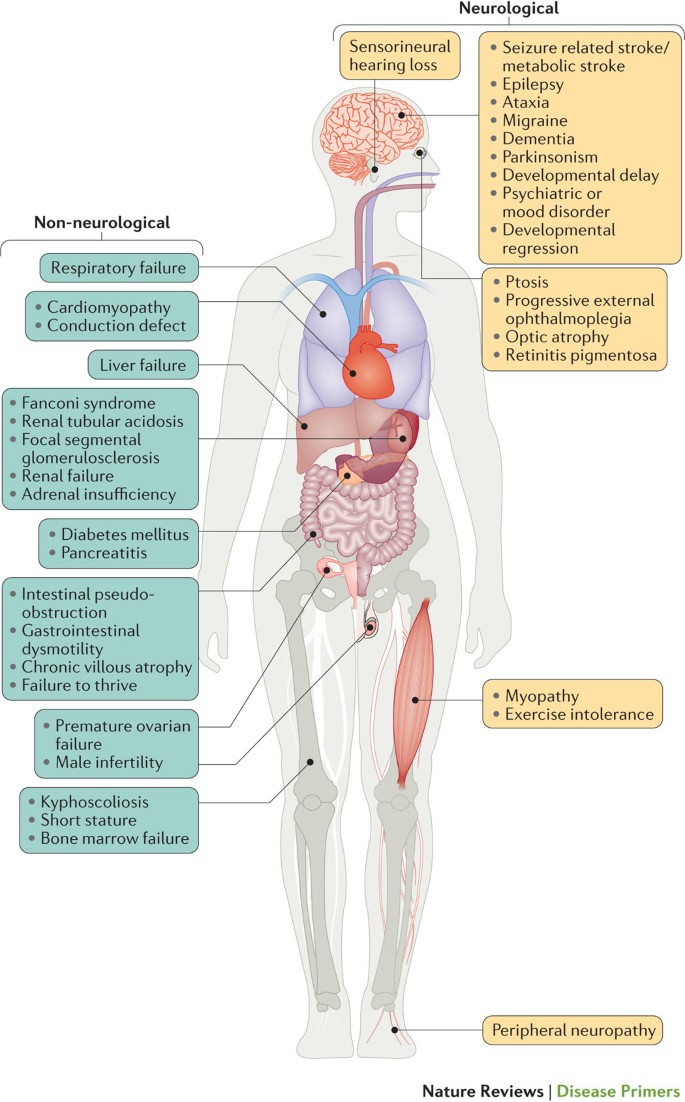
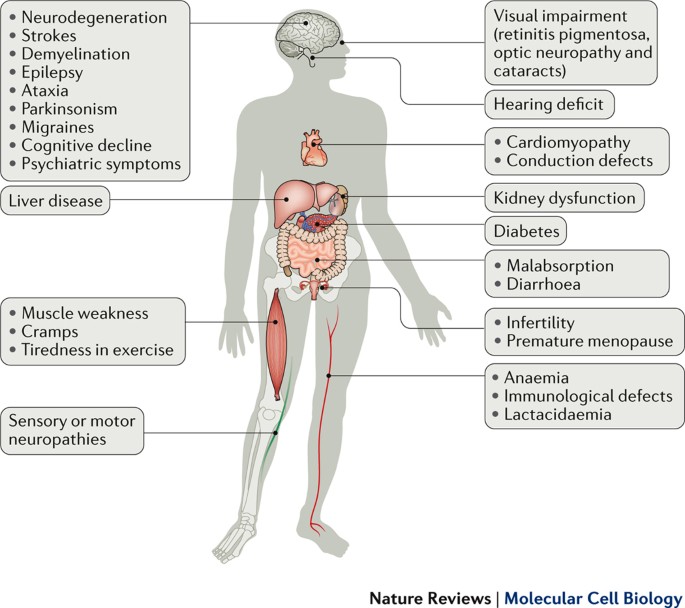

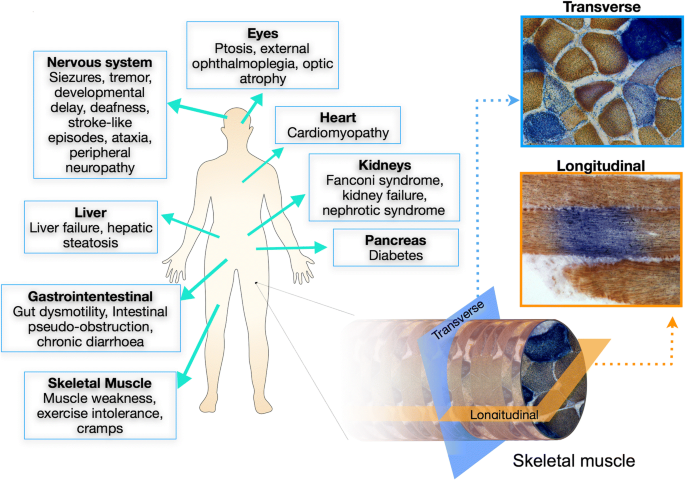



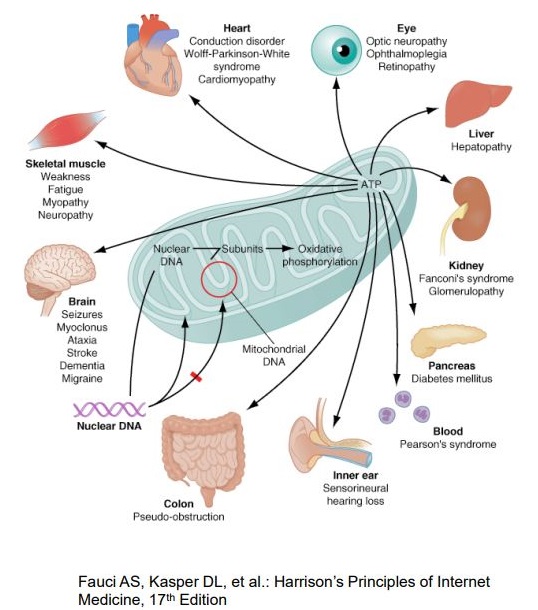

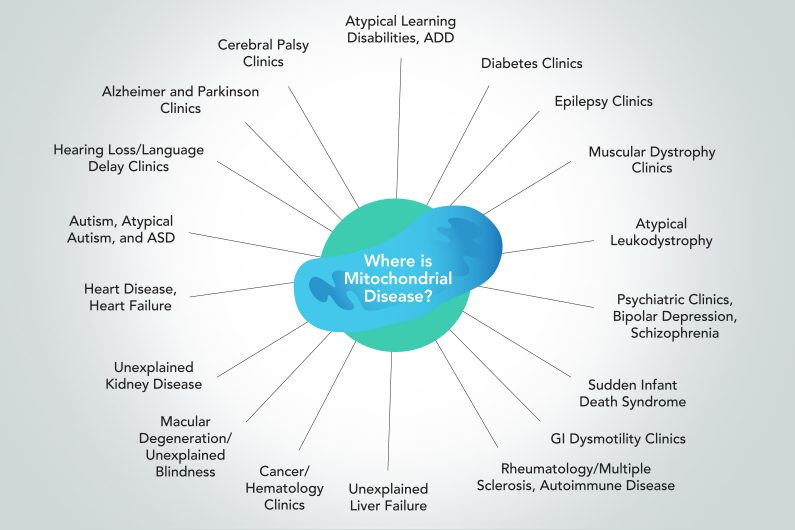
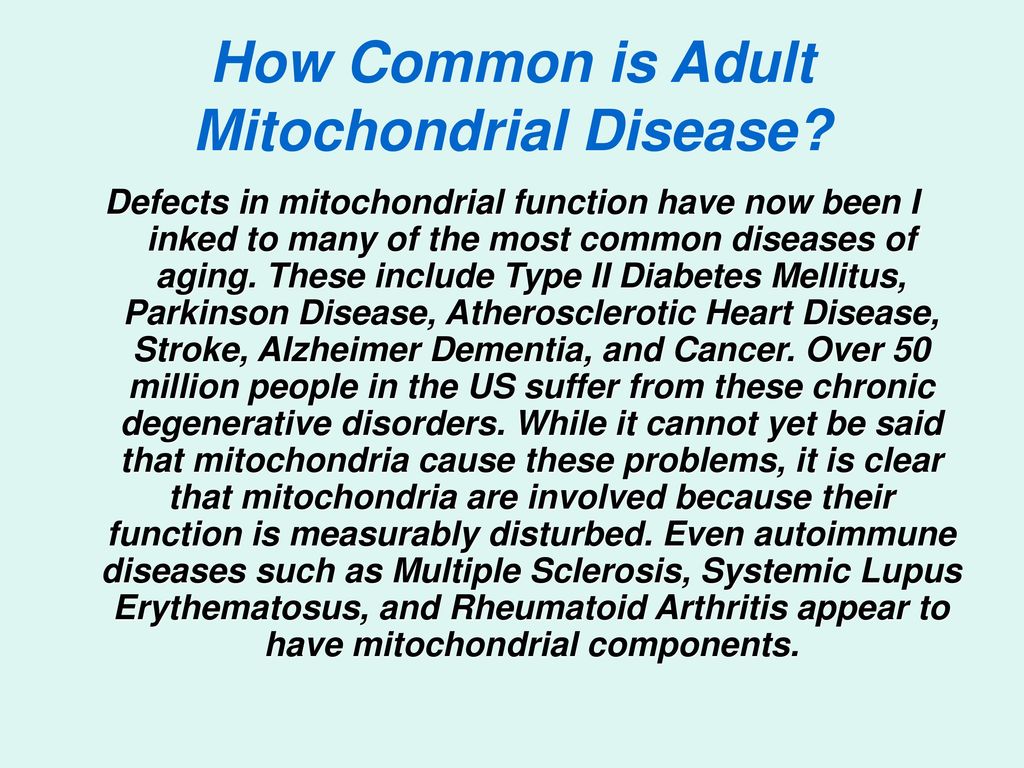

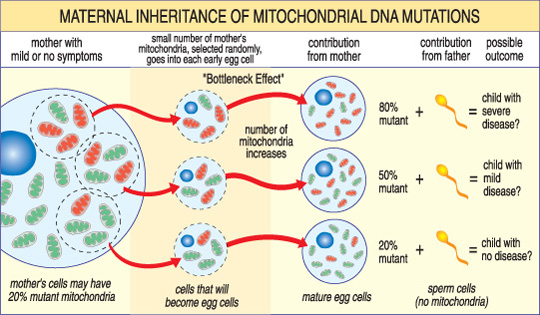

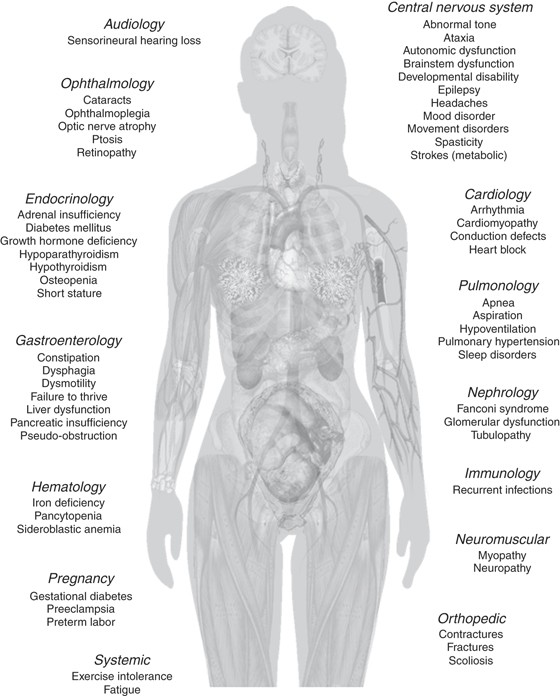



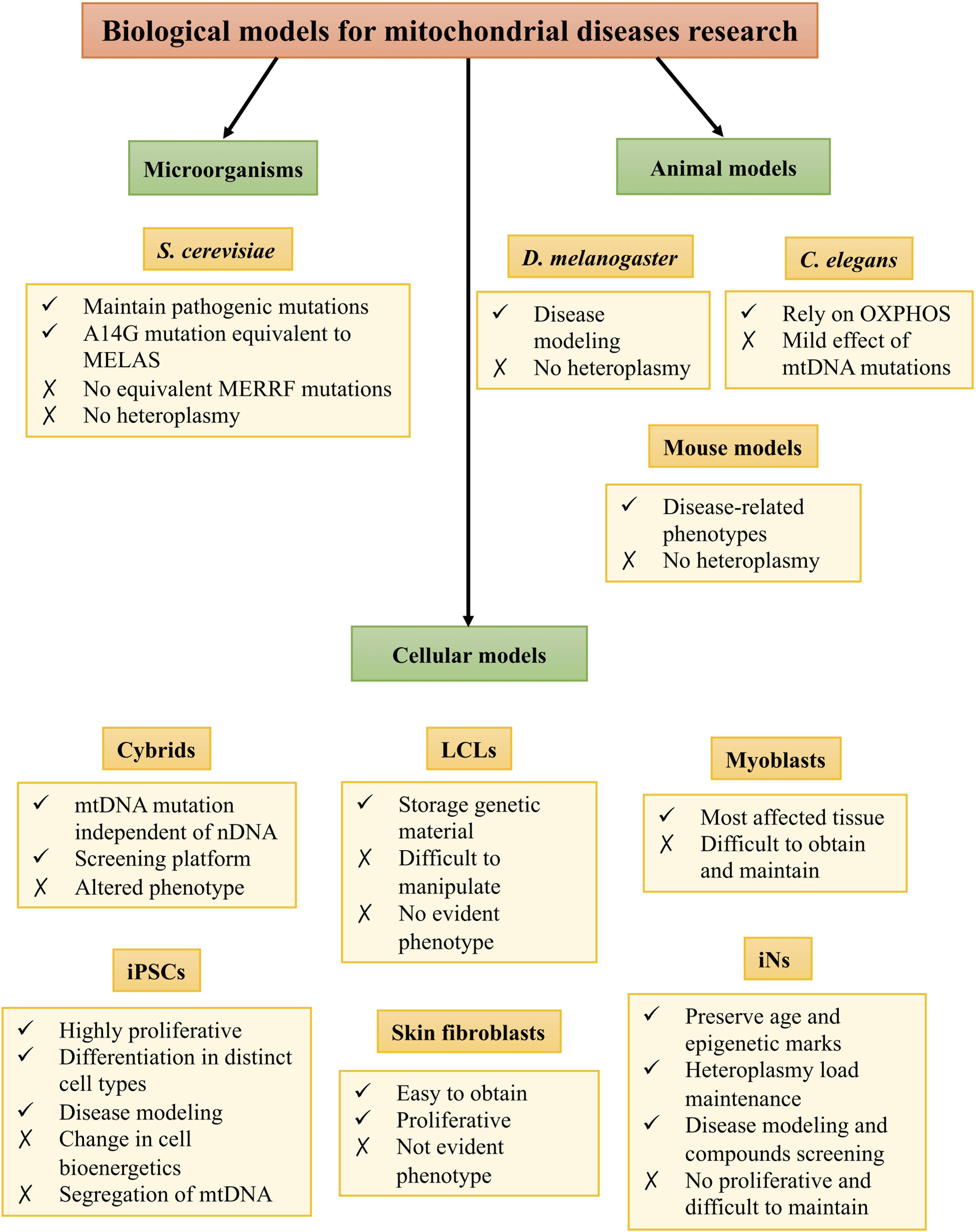
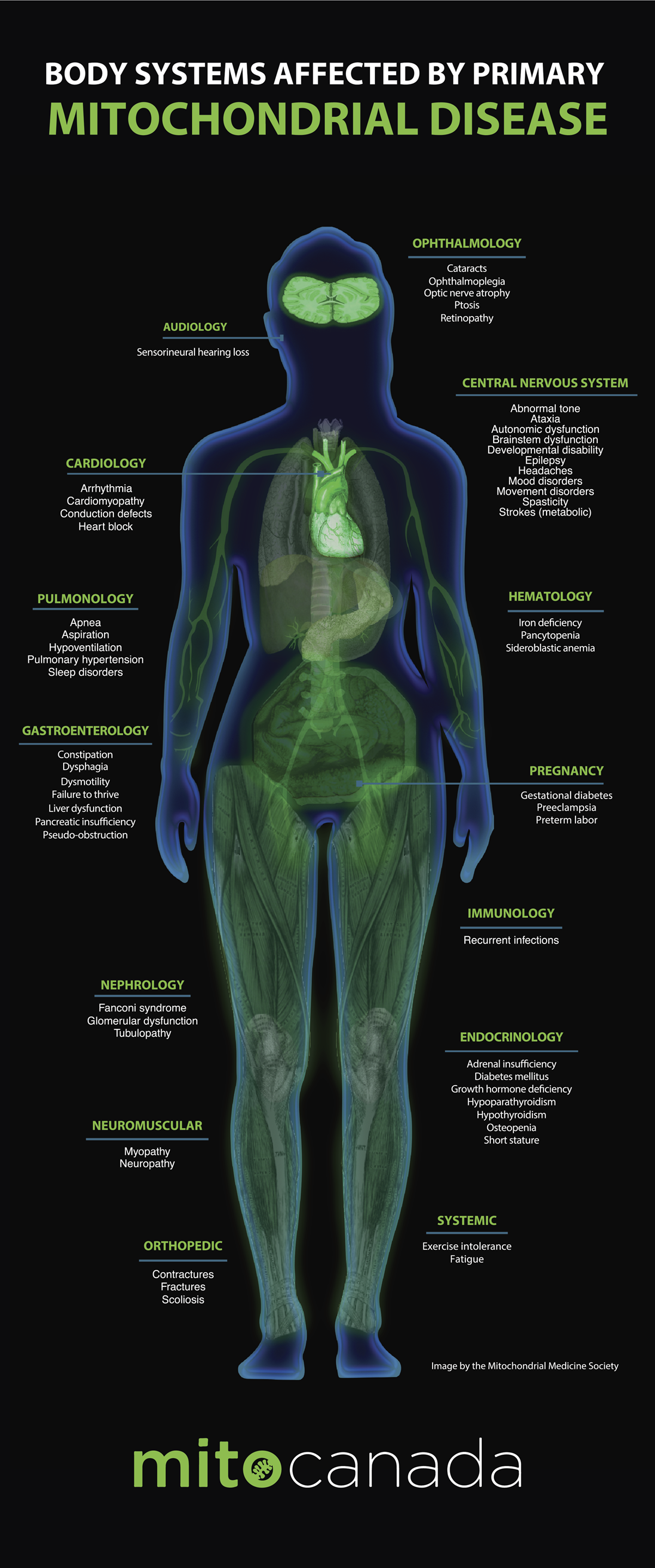
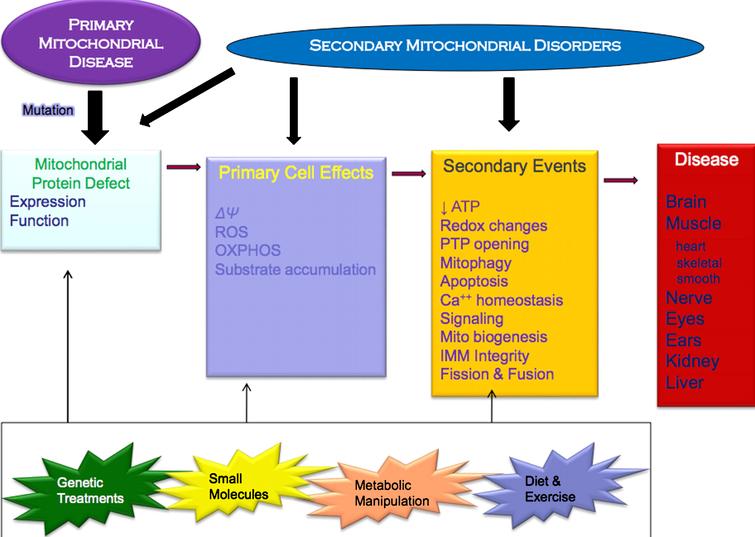



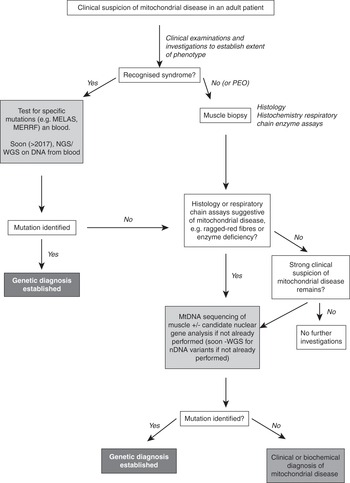







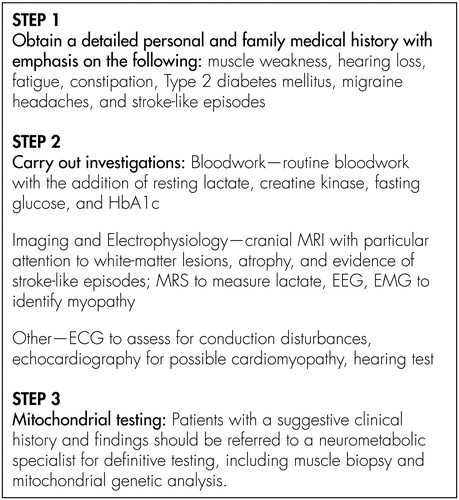



Posting Komentar untuk "Mitochondrial Disease Diagnosis Adults"